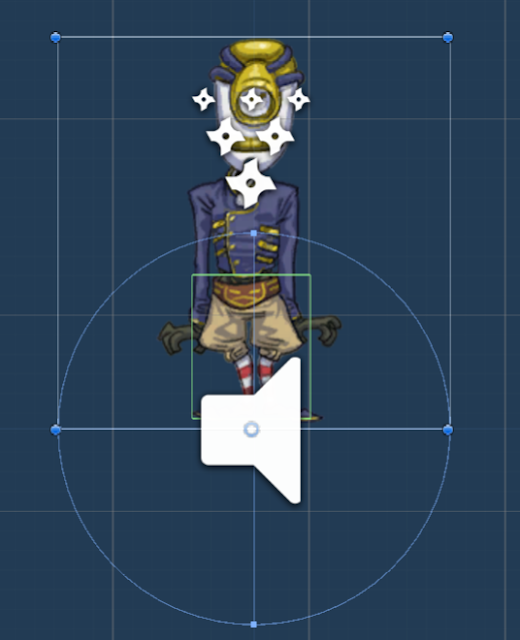Some Bibliography Analysis
This week I got a chance to have a one-on-one meeting with my lecturer. This allowed me to get some feedback on how to better gather information for articles without burning myself out. I was told the best way for me to go about my research would to be instead of doing three straight hours of research a week, I should instead read in small amounts and allow myself to digest the information, and come back to it later after reading some other pieces throughout the week. My use of Google Scholar though is good and I should continue to use it to look through more articles, but I should probably involve some more pieces of work like YouTube videos to make it more interesting for myself, diversify my work, and possibly find some other pieces of work to look into.
With all this gathered I started off my research by first trying to see if YouTube offered anything interesting in relation to my topic. After a little bit of looking around I found a video by SojournerKai, in which he discusses an example of Interactive Storytelling in the single-player adventure game, Night in the Woods. He discusses how it is a fine example of interactive storytelling, and how the game fleshes out the characters and the world in a way that makes it feel like these aspects of the game actually had lives before the events of the game. He even goes on to mention how it feels as the main character Mae, feels grounded in her age and character, and how she gradually progresses in character as the game goes on, even showing her learning to become more accepting of herself and learn to come to terms with failures and improve. He states the game is better experienced for it's writing and story, rather than expecting amazing gameplay, going on to say he "approached it more like a movie rather than a fully fleshed out game". I felt this discussion about the game gave me some better insight into what aspects to expect from an interactive story, and it was overall just a well crafted and well spoken video.
Another video I found by, Craig Perko discussing interactive storytelling in an overall sense, breaking down what it is and what it involves to create one, as well as critiquing games on their way of involving it. He talks about Detroit: Become Human, Life Is Strange, etc and how some of the games implement their story well and intertwine it with the gameplay well, while some feel as if the narrative is telling you to press certain buttons, which can sometimes take them out of the story. He also mentions how one of the most important things of the narrative is how the player starts it. He says "No matter how good your narrative is, if I don't press X to start it, I'm not invested in it and I'll tear it apart" meaning that by getting the player involved in deciding to start the story by pressing a button instead of just walking somewhere and starting the mission with a cutscene, they are unknowingly becoming more invested in the story just by being slightly more involved in beginning the story. The video was quite helpful in giving little snippets on creating better involvement, what aspects of interactive storytelling may not appeal to the player, and more. Great and well explained video, would recommend watching it.
For my third and final bit of research for this week I decided to look back at one of my previous sources to see if anything they used as a source for information would help me. Indirectly while looking up one of those sources I found a different document discussing the same topic but it focused it entirely on interactive storytelling rather than the one I was originally planning to view which confided it between a few other topics. The document by Eric Zimmerman, talks about the different forms of narrative, even explaining them. He also discusses interactivity going on the discuss it in a cognitive sense, it's functionality, it's explicitness, as well as it's cultural participation. The rest of the article also talks about play and how it all works together in games. This is a short read but much more digestible than the long articles and research papers I have looked over before.
I felt this week I got a much better grasp of how to go about researching and annotating things (I think). I'm happy with what I found and think I'll be able to make a fine addition to my chapter when it comes to writing my piece.
I'm tired. The End




Comments
Post a Comment